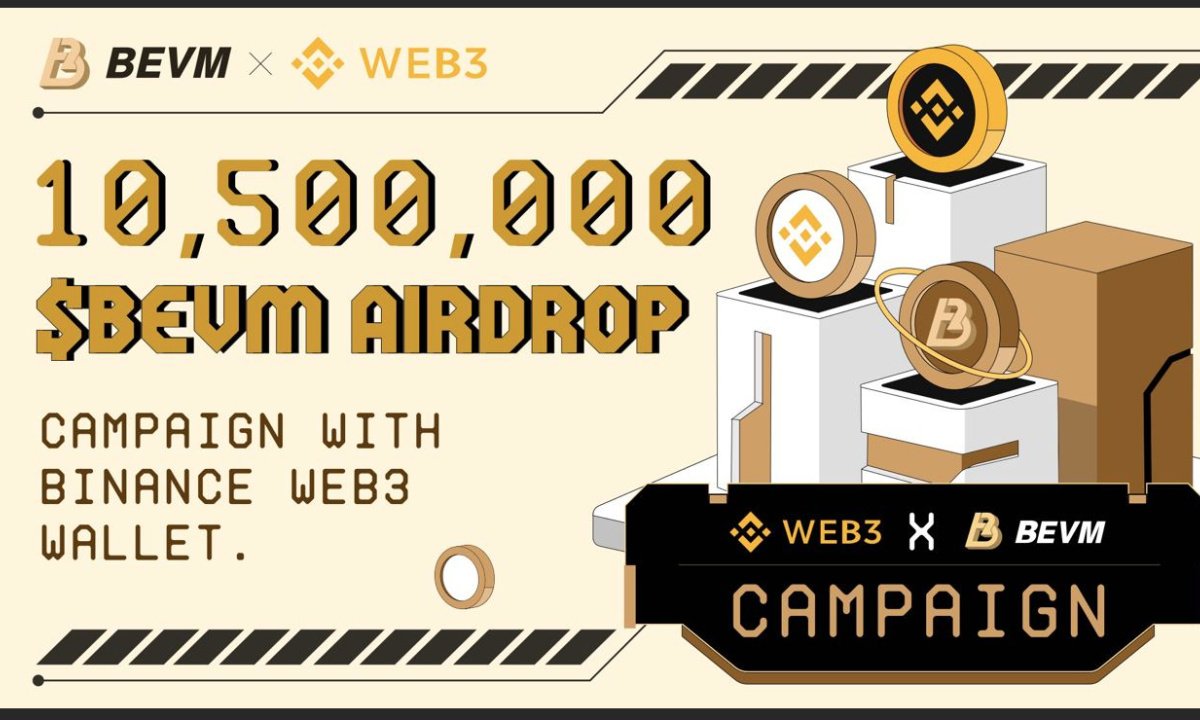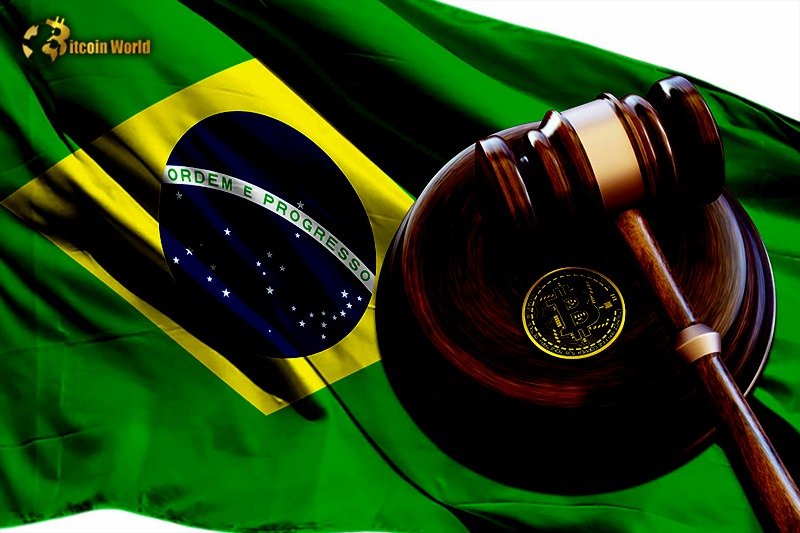GT Protocol CEO: Decentralization is the Key to Preventing AI-Driven Doomsday
In a thought-provoking guest article for Cointelegraph, Peter Ionov, co-founder and CEO of the decentralized AI project GT Protocol, emphasized the critical role of decentralization in averting a potential AI-driven doomsday. Ionov cautioned that unchecked power held by influential entities could lead to the manipulation of data, distortion of realities, and the erosion of individual freedoms. To counter these threats, he advocates for the development and implementation of decentralized AI systems that promote transparency, innovation, and security.
The Perils of Centralized AI Control
Peter Ionov warns that centralized control over AI technologies poses significant risks. Powerful organizations or governments could exploit AI to manipulate information, influence public perception, and suppress dissent. Such actions could lead to a dystopian future where freedoms are undermined, and reality is distorted to serve the interests of a select few. Ionov’s concerns highlight the urgent need for alternative approaches to AI development that mitigate these dangers.
Decentralization as a Solution
Ionov posits that decentralized AI is the antidote to the potential misuse of artificial intelligence. By distributing control and decision-making across a network of independent nodes, decentralized AI systems can ensure that no single entity holds disproportionate power. This structure fosters transparency, as all transactions and decisions are recorded on a blockchain, making them publicly verifiable and resistant to tampering. Additionally, decentralization encourages innovation by allowing diverse contributors to enhance the AI’s capabilities without centralized restrictions.
Fostering Transparency, Innovation, and Security
Transparency is a cornerstone of decentralized AI. With operations visible on a blockchain, users can independently verify the actions and decisions made by the AI, ensuring accountability. Innovation thrives in a decentralized environment where multiple developers can collaborate and build upon each other’s work without gatekeeping. Moreover, security is enhanced as decentralized networks are inherently more resistant to attacks and failures, reducing the likelihood of catastrophic breaches that could lead to an AI-driven doomsday scenario.
The Role of Regulatory Frameworks
While decentralization offers a robust solution, Ionov underscores the necessity of regulatory frameworks that balance innovation with accountability. Effective regulations can prevent the concentration of power in the hands of a few while promoting the ethical development of AI technologies. These frameworks should aim to protect humanity’s interests, ensuring that AI advancements benefit society as a whole without enabling the dominance of powerful entities.
Ensuring AI Benefits Humanity
The ultimate goal of decentralized AI, as articulated by Ionov, is to ensure that artificial intelligence serves the greater good. By preventing the monopolization of AI technologies, decentralization safeguards against abuses and promotes equitable access to AI’s benefits. This approach aligns AI development with human values, fostering technologies that enhance rather than undermine societal well-being.
Conclusion
Peter Ionov’s insights shed light on the imperative of decentralization in preventing a doomsday scenario driven by artificial intelligence. By advocating for decentralized AI systems that prioritize transparency, innovation, and security, Ionov offers a visionary path forward in the responsible development of AI technologies. Coupled with robust regulatory frameworks, decentralization can ensure that AI serves humanity’s best interests, avoiding the pitfalls of centralized control and fostering a safe and prosperous future.
To learn more about the innovative startups shaping the future of the crypto industry, explore our article on latest news, where we delve into the most promising ventures and their potential to disrupt traditional industries.





